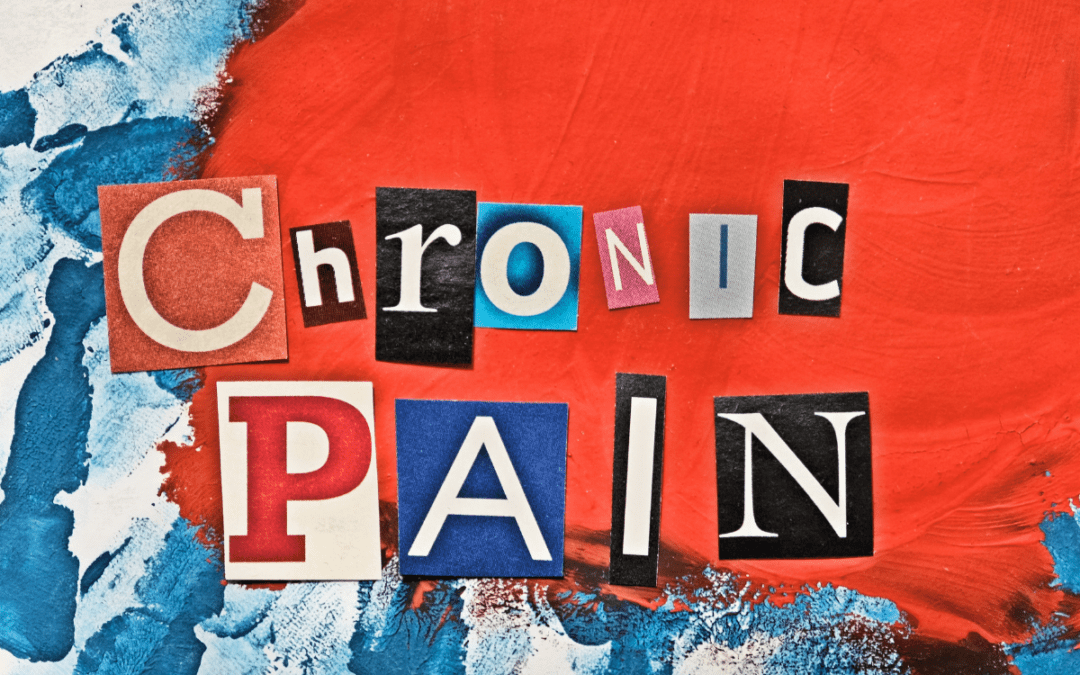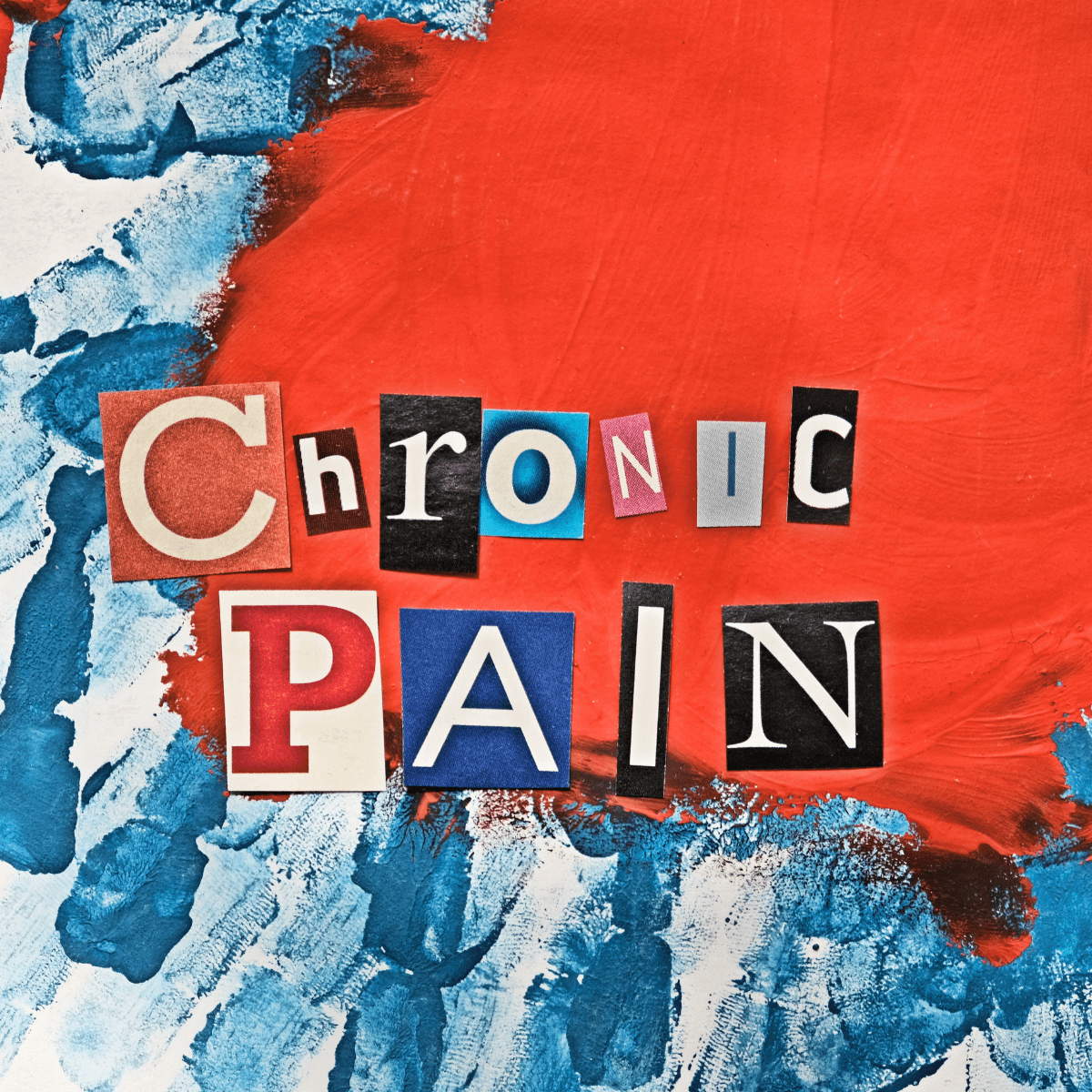Integrative Approaches to Chronic Pain
Last night was our monthly webinar, a free series of webinars which takes place on the last Wednesday of the month and open to anyone who registers. October’s webinar was a round up of our Integrative Health Forum on Integrative Approaches to Chronic Pain.
On the day we had a range of expert speakers, each of whom brought so many concepts, ideas and experience and I learnt so much from each of them. First up we had chronic pain specialist and NHS consultant Dr Deepak Ravindran, who taught us about the different types of pain: nociceptive pain which is a sharp pain caused to the body often by injury – such as stubbing your toe. This can be useful because it reminds us to take care and be aware of our surroundings. Neuropathic pain is caused by damage to nerves by diseases such as diabetes or HIV. Then there is a third type of pain, nociplastic pain – also known as chronic primary pain. It may occur on its own or with other types of pain and is often more intense than pain associated with a physical cause. This is often the least well understood pain and the pain which in trials, responds the least well to pain medications.
Deepak also spoke about the role of trauma and the connection between the conscious mind and the subconscious when processing that trauma response. Trauma can have an effect on the immune system and the nervous system, all of which can impact chronic pain. We will speak more about this in our trauma informed care learning day in May, but when trying to understand the root cause of chronic pain, investigating any type of trauma including adverse childhood experiences, can be so important. Rather than asking yourself why am I like this – asking what has happened to me is a more helpful rhetoric. Deepak also spoke about the importance of supporting the six pillars of lifestyle medicine including mental wellbeing, relationships, physical activity, healthy eating, sleep and minimizing harmful substances.
Anaesthetist and pain therapy specialist, Dr Sarah Monz spoke to us about a holistic model to approaching chronic pain. Pain can arise from and in turn affect all levels of being including the physical body, the energetic body, emotions, spirituality and social being. Sarah raised a valid point that because pain is invisible it creates a big problem for the traditional biomedical model of healthcare, where everything can be seen and understood. Whilst acute pain is a symptom that can point to impairment within the body, chronic pain can be difficult to objectify. It is sometimes an expression of impaired function or it can be self amplifying. This is important to note and explains why the biomedical model of medicine doesn’t deal with chronic pain all that well and making sense of pain can be so difficult sometimes. When trying to help someone with chronic pain, Sarah urged healthcare practitioners to first of all listen and be open to the fact there may be more than one single cause.
Dr Nikki Chatfield, GP, hypnotherapist, mindfulness teacher and health coach, spoke to us about the psychology of pain. Someone with chronic pain may present as very tangled and tight, and they need help to loosen and untangle the threads bringing space and ventilation to those areas of pain. She also spoke about nociceptive pain and that pain can also be useful – our body is assessing dangerous stimuli, evoking appropriate avoidance reactions, making sure we remember for the future. But pain doesn’t always feel useful and when it moves to chronic pain it can be debilitating to our mind, body and spirit. Nikki spoke about some of the work that she does with people in chronic pain working with visualization and hypnotherapy to actually change the experience of pain. She’ll also support people to feel intense sensations and be okay without intensifying the trauma response. Nikki also spoke about the importance as a healthcare practitioner of assessing pain and rating it and finding out what words they might use to describe it. As a homeopathic practitioner this would also be important to me – asking questions such as ‘what’s your experience of pain’ and ‘when the pain is bad, what do you tell yourself’. Our brains can create a narrative which can very quickly intensify a sensation. The words and the narrative around pain and indeed healthcare as a whole can have a big impact. I would love to do away with terms such as ‘kidney failure’ or ‘heart failure’ as these words move us further away from optimum health.
Bobby Sira was our next speaker. Bobby is a clinical pharmacist, yoga and Ayurvedic practitioner, meditation and mindfulness guide and health coach. Bobby is using ancient wisdoms and weaving them into modern pharmacy. Bobby told us that the word ‘pharmacy’ comes from the Greek word ‘pharmacon’ which means both remedy and poison. And it speaks to the profound balance between healing and harm where substances can cure and harm depending on their use, dosage and context. Bobby reminded us that we need to view the body as a complex biological network and that drugs don’t just target a single receptor. And that pain is not at the end of a target, it is multi-directional and multi-nodal. He emphasised creating a favourable physiological environment for pain management. For instance, a balanced gut microbiome is crucial to enhance drug metabolism and absorption and increase the efficacy of pain medication at the same time as reducing inflammation. Supporting sleep is another way in which we create a favourable environment – regulating our circadian rhythms will in turn regulate our hormones which can all have an effect on our management of pain. We need to appreciate and understand what is happening in the cellular environment which can be affecting inflammatory mediators and neurotransmitters, before we can understand and help manage pain. This is a very integrative approach and a different way of tackling something like chronic pain. Bobby mentioned a few techniques such as vagal nerve stimulation which encourages our parasympathetic nervous system. Other methods we can use in the integrative toolbox would include meditation, mindfulness, yoga therapy, CBT, hypnosis, acupuncture and visualisation.
Our final speaker was health coach Izabella Natrins, who has set up an amazing health coaching association. She spoke about health coaching as key to unlocking mindset and how our mindset is what we are working with whatever we are facing. And that is what health coaching is about – not about giving a clinical diagnosis, not about clinical, counselling or therapeutic intervention or even direction or advice. Instead, it supports self-empowerment, self-management and personalised care. Health coaching looks at empowering people with health literacy, positive lifestyle choices and focuses on health behaviour in small actionable steps. It also looks at the lifestyle driven factors which drive chronic disease and partners with conventional, lifestyle, functional and integrative approaches to healthcare.
This is just a flavour of what our incredible day on integrative approaches to chronic pain taught us. If you are interested in learning more the recording is available to buy for just a couple more weeks or else you can join our monthly membership for the price of a large coffee and watch this for free alongside some of our older integrative healthcare forums. Do see our website for more information on how to join: SIH – MEMBERSHIP – NCIM – National Centre for Integrative Medicine and our events page for more information on upcoming Integrative Health Forums and our free webinar series. Events from November 15 – May 16, 2025 – NCIM – National Centre for Integrative Medicine
Dr Elizabeth Thompson


